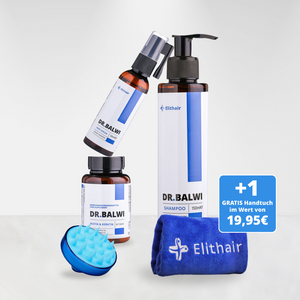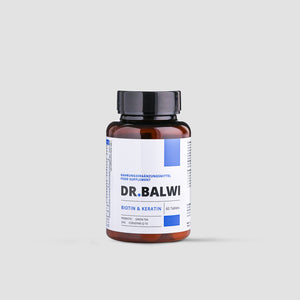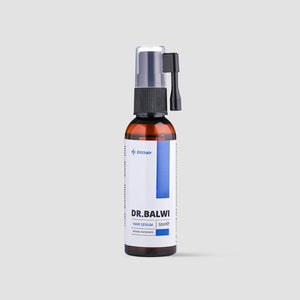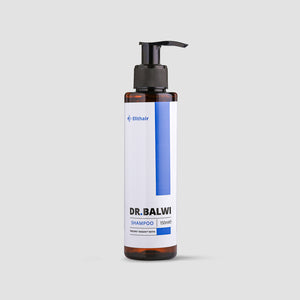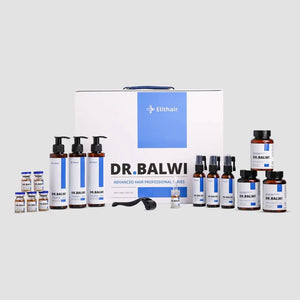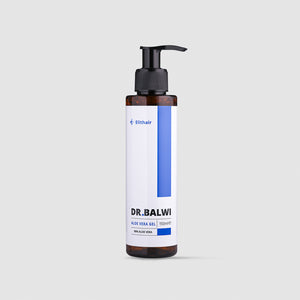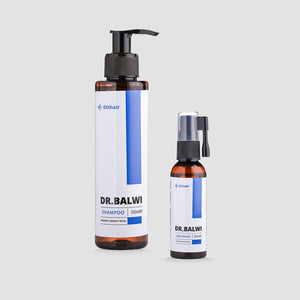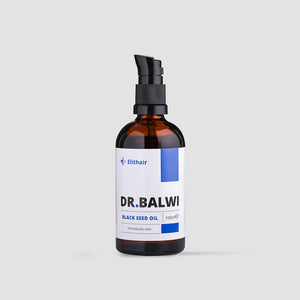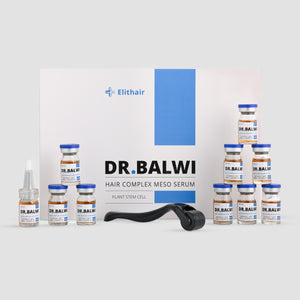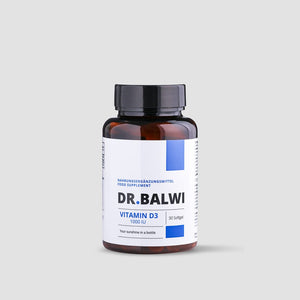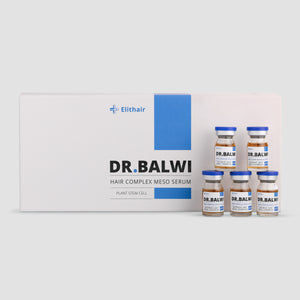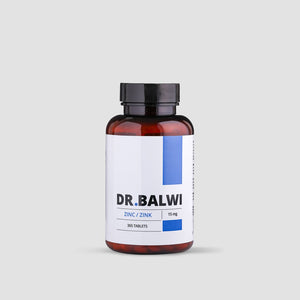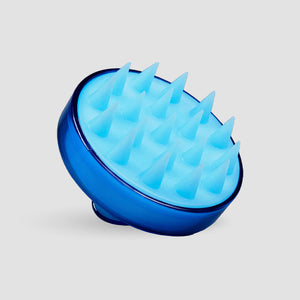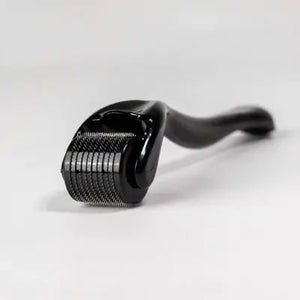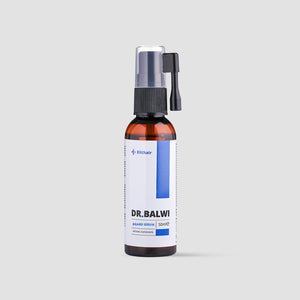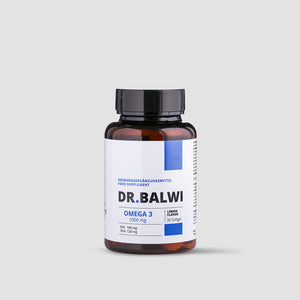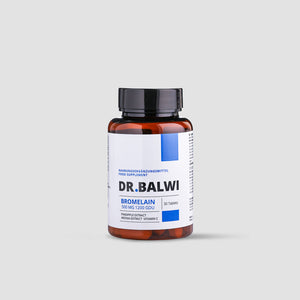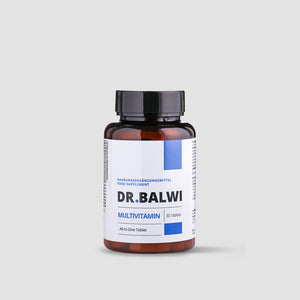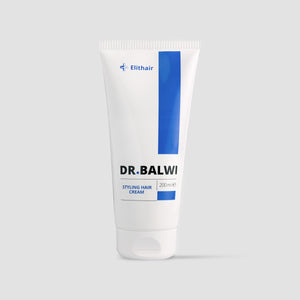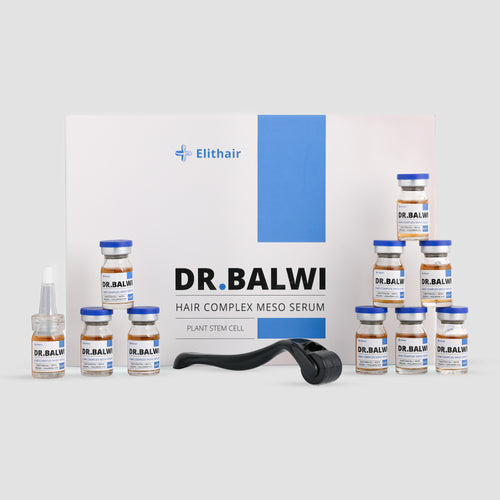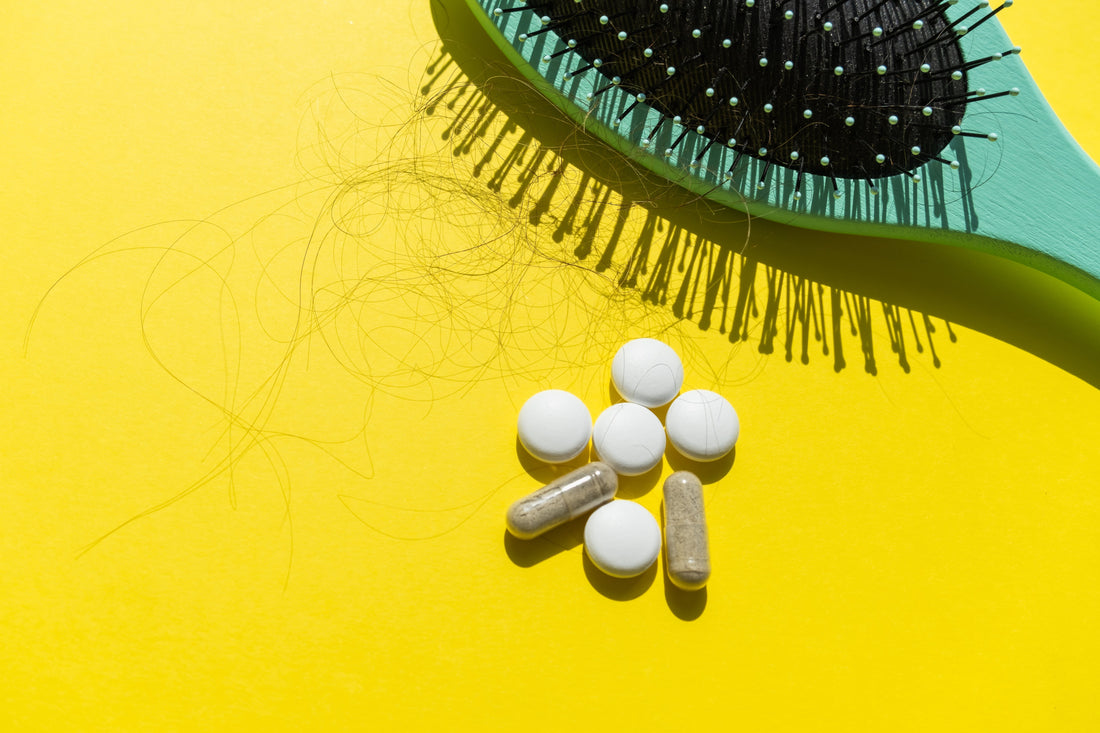
Essential Hair Vitamins for Growth: What You Need to Know
If you've noticed more hairs in your hairbrush lately, you're not alone. Hair loss is an issue that can effect anyone, regardless of age, race, or gender. If you're experiencing hair loss, your first port of call should be a visit to your GP.
There are many possible causes of hair loss, and sometimes poor nutrition or vitamin deficiencies can play a big role. In this article, we'll be taking a look at the essential hair vitamins for growth, how they work, and who can benefit from supplements.
What Are Hair Vitamins — and Do They Really Work?
There are a lot of supplements on the market that purport to address certain ailments or functions, but few people look beyond the label to really assess whether the vitamins and minerals contained within these supplements are scientifically proven to work.
The good news is, there are vitamins that have been proven to support hair growth. However, we do recommend that you look carefully at the contents of any supplement before incorporating it into your daily routine. You should also speak to a doctor before taking any new supplement.
It is also worth noting that, while hair growth supplements can support hair growth, they are not a magical cure-all. They will not address any under-lying causes of hair loss beyond nutrient deficiency, which is once again why it is important to seek diagnosis from a doctor.
The Top 7 Essential Hair Vitamins for Growth

When shopping around for a hair growth supplement, there are certain essential hair vitamins you should look out for. The best multivitamin supplements for hair growth will include the following:
1. Biotin (Vitamin B6)
Biotin is, perhaps, one of the best-known vitamins for hair growth. It is found naturally in foods like eggs, nuts, and salmon, and can be found in supplement form in most health shops.
Biotin benefits hair growth by supporting keratin infrastructure. Keratin is the protein that our hair is made of. There has been some research that supports that biotin supplements can benefit hair health, though studies are still limited.
2. Vitamin D
Around 1 in 6 adults in the UK suffer from a vitamin D deficiency. With that in mind, there's a high chance that you could already require more of this essential vitamin, especially in the Winter when the most common natural form, sunlight, is harder to come by.
Vitamin D plays a key role in hair follicle cycling, and a deficiency in Vitamin D has been linked to issues such as scarring alopecia.
3. Iron
Anemia caused by iron deficiency is a leading cause of hair loss in women aged 35 and up, making it a crucial nutrient to screen for when selecting hair growth supplements. Statistically, women are more likely to suffer from iron deficiency than men, due to iron loss during menstruation.
Iron can be found naturally in foods like red meat, spinach, and lentils. Though there has been research on the role of iron in hair health, much of this has been conducted on female subjects only, and much is still unknown about the link between iron deficiency and hair loss.
4. Zinc
Zinc is an essential nutrient when it comes to maintaining healthy hair growth. Zinc accelerates hair follicle recovery and inhibits hair follicle regression. Therefore, any hair growth vitamin supplement worth its salt will include zinc as standard.
You can find this nutrient naturally in foods like shellfish, pumpkin seeds, and fortified cereals.
5. Vitamin C
Vitamin C aids in iron absorption, making it a must-have in any supplement that includes iron. In addition to this, it is a key antioxidant and can prevent free radicals from damaging the structure of the hair follicle.
You may already be aware that foods like citrus fruits (oranges, lemons, limes) are good sources of vitamin C, but it can also be found in peppers and strawberries.
6. Vitamin E
Vitamin E is known to reduce oxidative stress, something which can have a negative impact on overall hair health. In this way, it supports the scalp, allowing for the best conditions for hair growth.
If you'd prefer to get your vitamin E through diet rather than supplements, you can find natural sources of this nutrient in almonds, sunflower seeds, and avocado.
7. Vitamin A
Vitamin A is an essential nutrient in the healthy growth of hair and skin. It can regulate the stem cells of the hair follicle and influences the healthy functioning of the hair cycle. Therefore, it is a must in all hair growth vitamin supplements.
Vitamin A can also be found in sweet potatoes, carrots, and dairy products. However, be cautious and consult with your doctor before taking any Vitamin A supplements, as too much of this nutrient can result in hair loss.
How to Spot a Quality Hair Supplement in the UK
When shopping around for hair supplements, there are a few things you can look out for to ensure that you're getting a quality product. Supplements that have been developed by doctors, such as Dr. Balwi's Multivitamin Complex, provide trustworthiness through the medical acumen of their brand.
Other things to look out for include:
- GMP Certification
- MHRA Registered
- Formulas which include multiple active, supportive ingredients, e.g. includes both Iron and Vitamin C to aid in the absorption of Iron
Diet vs Supplements: Which Is Better for Hair Growth?

When trying to get more of a specific nutrient, targeting your diet first is the best idea. Supplements should be considered, however, if you have any dietary restrictions that would prevent you from adapting your diet to include specific vitamins and minerals.
If you've already been diagnosed with a deficiency by your doctor through a blood test, then supplementation is also an appropriate action to take. Taking hair supplements is something worth considering if you have undergone PRP treatments or a hair transplant and want to further support your hair's health, too.
When to See a Professional About Hair Loss
If you are experiencing sudden and dramatic hair loss, have noticed bald patches, and/or your hair loss symptoms have continued for more than three months without any improvement, we recommend speaking to your GP or a trichologist.
Only through a thorough analysis by a medical professional will you be able to get to the root cause of your hair loss. While nutritional supplements can help support healthy hair growth, they cannot work miracles, and only a doctor will be able to tell you if you require further treatment.
Conclusion: Take Control of Your Hair Health Today
The right nutrition can make a big difference to your hair - but only under correct medical supervision. We highly recommend speaking to your doctor before you make any changes to your diet or start taking vitamins for hair growth.
With small, consistent changes, you can create the best conditions for hair growth. Speak to your doctor, consider a blood test to ascertain whether you have any deficiencies, and seek further medical attention if your symptoms do not improve.
